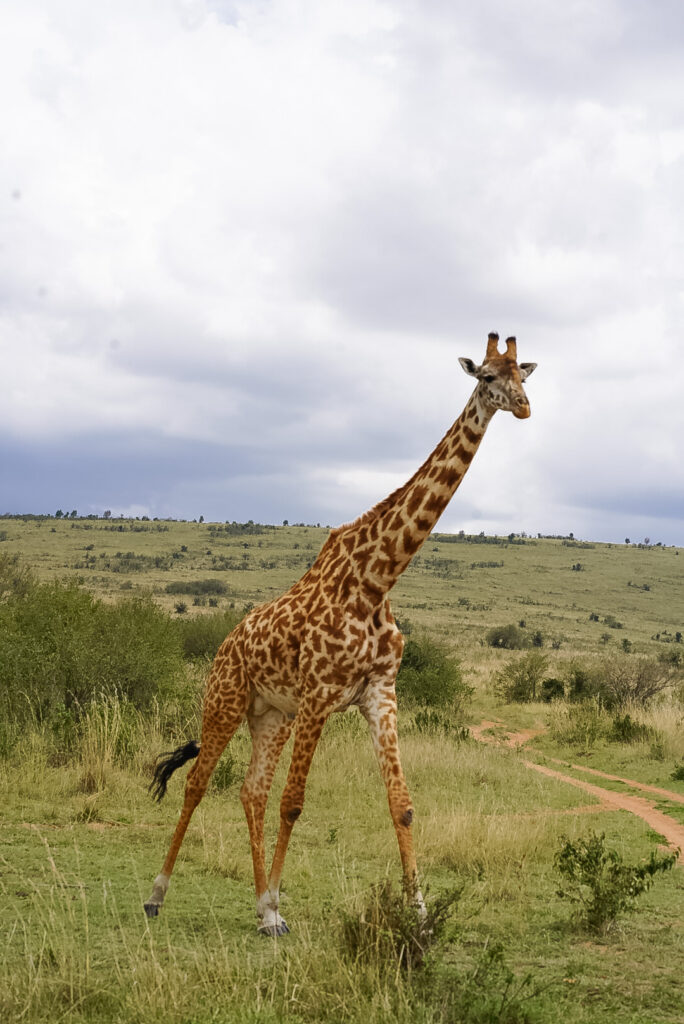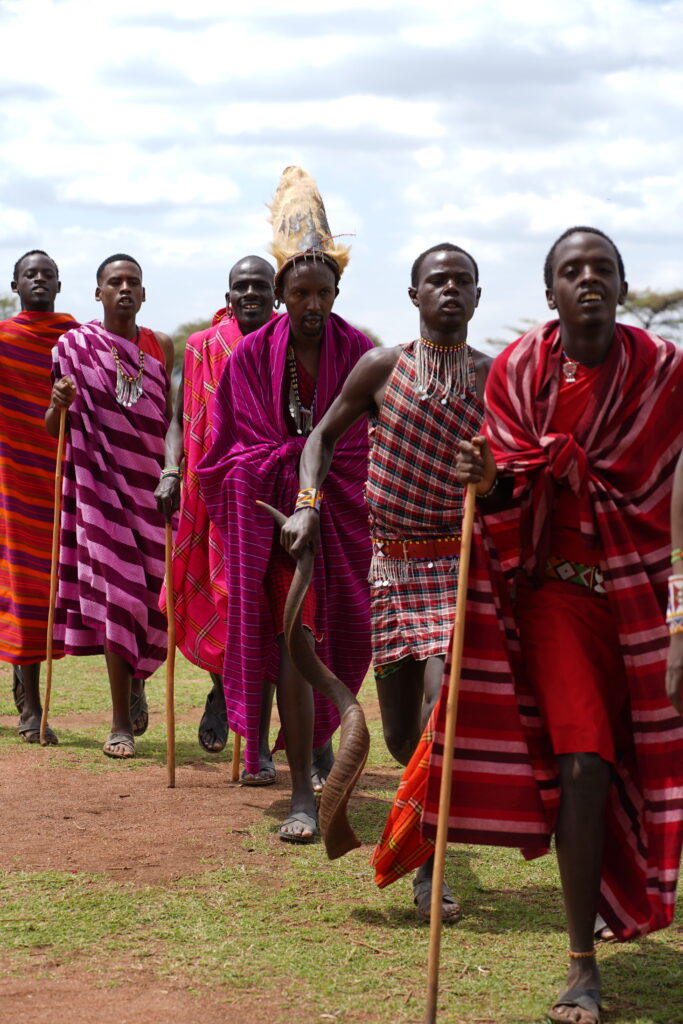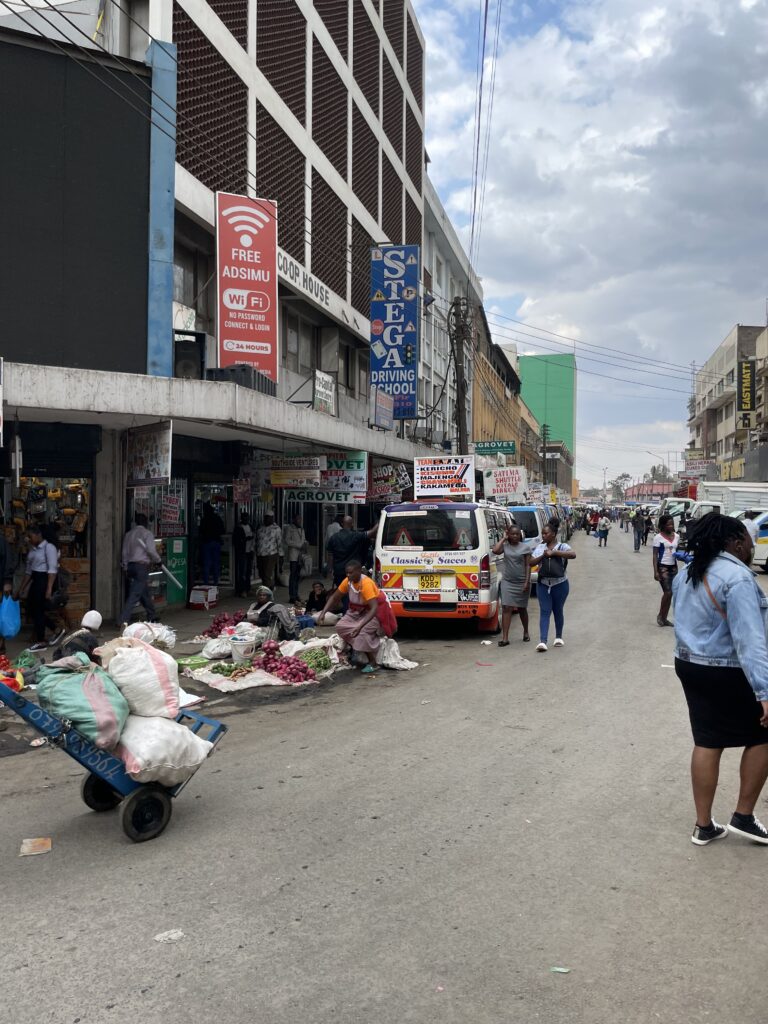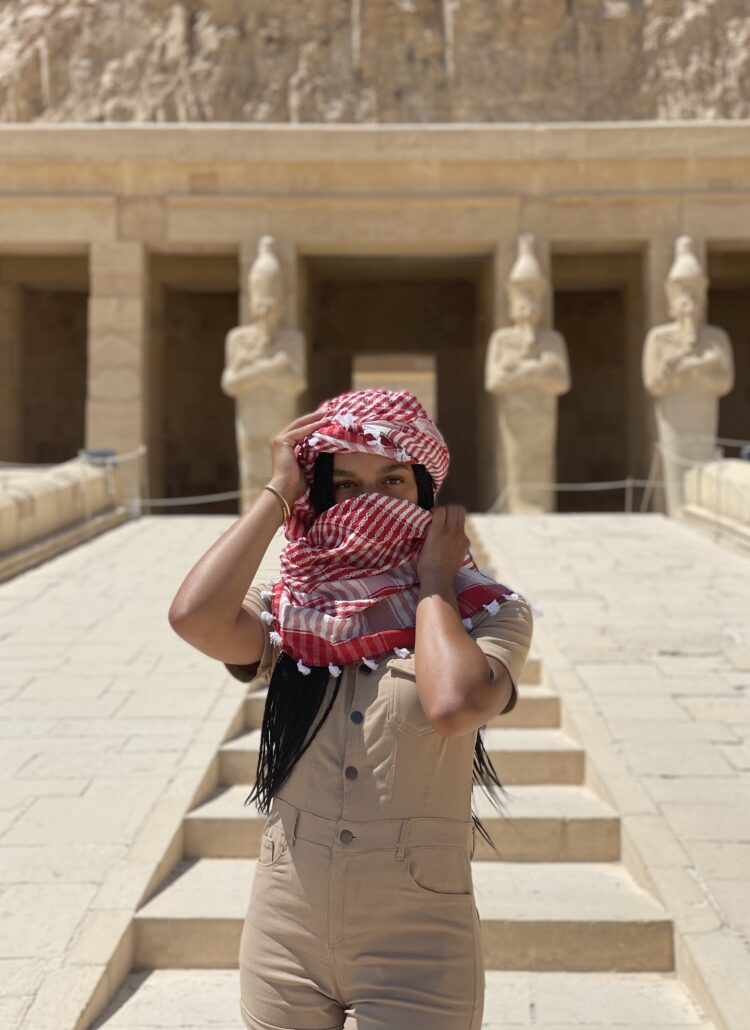
1 Kenya Entry Requirements. Visiting Kenya requires obtaining a Visa, which you could get here. It’ll cost you around $53 per person after fees. Word of advice, use a VISA DEBIT CARD during online checkout. They’re system is extremely outdated, and it took many failed attempts to figure this out. If you also plan to visit Uganda and/or Rwanda, then you should get the East Africa Tourist Visa that lets you to enter each of the three countries on the same visa.
2 Best Time to Visit Kenya. It is best to visit Kenya during dry season July – September which also coincides with the great wildebeest migration (albeit peak migration occurs in July/August months). I visited in early September and the days were sunny and hot, but the evenings cooled off to the point I needed a light jacket.
3 Transportation. If you’re visiting Nairobi, you will need to Uber or take a taxi everywhere. Nairobi is huge city and getting from one side of the city to the other is a mission. Luckily, Ubers are relatively cheap and will take you as far as reasonably possible outside of Nairobi. Beware, traffic in Nairobi is a nightmare and the equivalent to Los Angeles and NYC traffic, so you will need to plan accordingly.
4 Money and Credit Card Usage. Cash isn’t necessarily king, but depending on where in the country you’re traveling, you’ll want to have an abundance of cash just in case. Credit cards are known to get stuck in ATMs around Nairobi and not all local establishments will accept credit card payment. However, the more upscale restaurants will easily accept credit card payment. Sending money electronically through MPESA, which is their version of Zelle, is huge. You can get an MPESA account while there or you can use Sendwave app. The exchange rate from USD to Kenyan Shilling is extremely favorable, which makes budgeting in Kenya fairly easy. Luxury accommodations and upscale dining are the only American prices I encountered while in Nairobi.
5 Tourist Pricing. Nearly everything, such as safaris, museums, and tourists attractions are priced higher for tourists as compared to Kenyan citizens.

6 Safety. Kenya, particularly Nairobi and the Maasai Mara where I visited are safe, however you must watch out for theft. In Nairobi, everything requires a security check, even the Uber driver’s car gets checked. Everyone must pass a screening, like TSA, to enter buildings and hotels. It gets annoying after the first day, but I never felt unsafe. However, while walking around Nairobi or visiting clubs, you need to be careful of your belongings as, especially in downtown Nairobi where you shouldn’t visit without a local, as Nairobi has been dubbed Nai-robbery. I have also heard of folks getting robbed while on safari (tents being broken into). While you don’t have to be on full alert, you should keep your head on a swivel and be cautious.
7 Booking Tours. Most of the tours and recommendations for things to do you can do yourself and book online, except for visiting the elephant orphanage which tickets are hard to obtain online (always sold out) without booking a tour with a company. You can also book a safari online, but you’ll find cheaper rates if you opt for communicating with a local or messaging the company directly on WhatsApp, so you don’t get up charged.
8 Drinking Water. Only use bottled water, even for brushing your teeth! The only time I used sink water to brush my teeth was when I stayed at luxury hotels in Nairobi.
9 Culture, Religion & Language. Kenyans are predominantly Christian with a small part of the population being Muslim. Dress moderately while going on walking tours. I made the mistake of wearing shorts above the knee during a walking tour in Nairobi and attracted unwanted attention from both men and women (the aunties). It wasn’t harassing, it was just uncomfortable. The native language in Kenya is Swahili, but almost everyone in Nairobi, and the Maasai Mara spoke English so communication wasn’t a problem.

For more on Kenya see: Kenya Travel Guide





